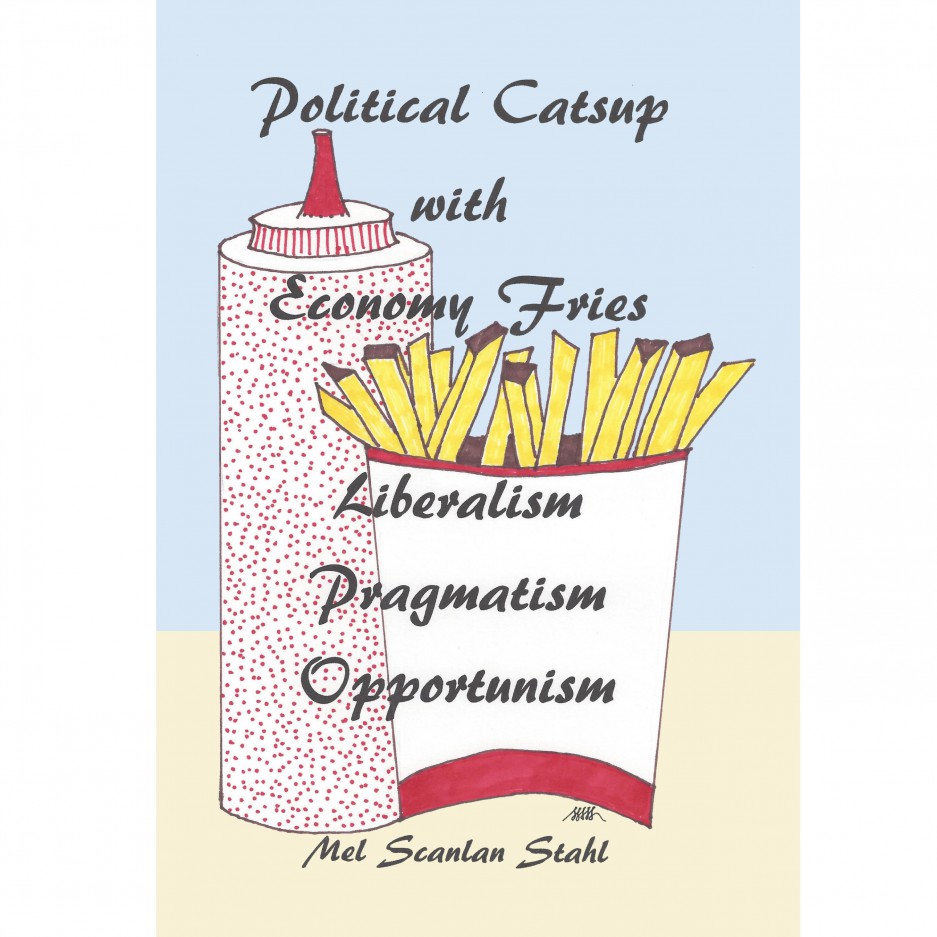Thales of Miletus was perhaps the first philosopher. Critical analysis is helpful in teasing apart information to get to a conclusion about what it means when you put it all together. A lot has happened since the 6th century BCE. What would Thales say about our current state of philosophy today? What would he say about politics?
When I was an undergraduate, I occasionally met someone who liked to study philosophy. I once knew a pre-med who changed over to philosophy for a semester to get away from all his medical classes and the stress of medical school. He eventually went back to medical school, though, and he’s a doctor today. What do you suppose he thinks about mandatory medical experimentation on doctors with gene therapy? I hope his semester in philosophy helps him to see more clearly than he otherwise might and at least explain it to himself even if he isn’t really supposed to explain it to his patients.
The opinion that philosophical education is useless has been widespread in our society. The idea that philosophy would never bring a person into employment seemed more important when jobs mattered more. When our economy was more efficient most people were employed usefully and successfully. It was easier to find work in the past than it is now. Cancel culture and algorithms and ESG scores weren’t invented yet to block people from being employed. Also, there wasn’t widespread outsourcing of American jobs to other nations, or ever more expensive energy costs, or financialization’s churn in the employment market following sequential buy-outs of people’s workplaces. Electronic voting had never accomplished a stolen election before the 21st century.
Buy a copy of Political Catsup with Economy Fries at Amazon.com.
For the first time in my life we may actually be in need of someone like Thales of Miletus.
On the other hand, almost everyone who isn’t a philosopher can easily work out the idea that accountability matters. It matters in politics. Accountability also matters in medicine. Accountability matters in finance and banking. Accountability matters in the military’s expense books. In fact, accountability may have something in common with philosophy. When you recognize harms and hold the people who caused those harms accountable, you look at information with a critical eye and you connect facts and decisions to the people who are actors in the sequence of actions.
Looking at human agency and making people accountable can be like doing philosophy because it requires courage to tease apart informational chaos to get to a sense of meaning. What happened? Why did it happen? Who has been harmed? Who is responsible? Can we prevent similar harms in the future? What compensation is needed in repair?
If we can hold human agency accountable for human problems, maybe Thales of Miletus would agree that we would be moving in the right direction.
